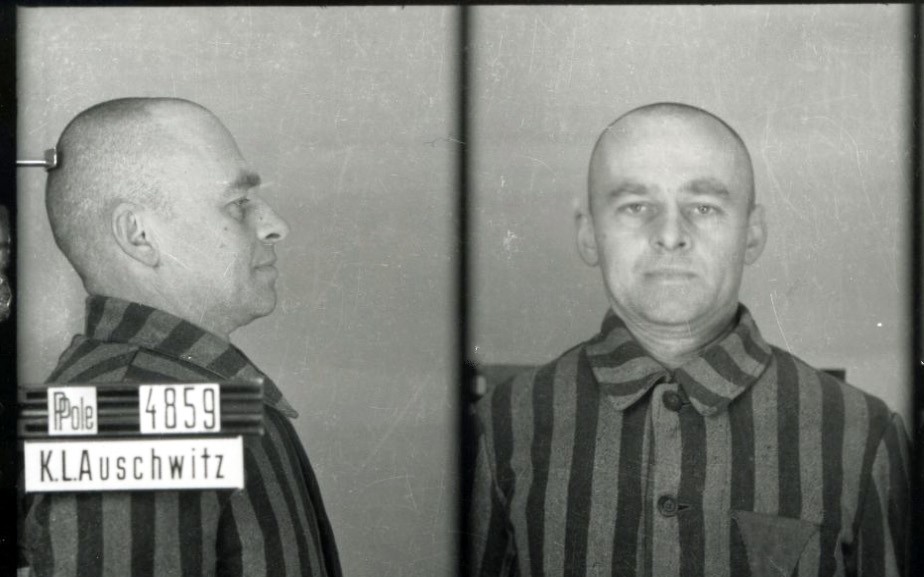A room at the European Parliament in Strasbourg has been named after Witold Pilecki, the Polish underground officer who deliberately had himself imprisoned at Auschwitz during World War Two in order to gather intelligence and organise resistance at the camp.
The decision was announced yesterday by MEP Anna Fotyga, of Poland’s ruling Law and Justice (PiS) party, who led the initiative. She thanked Lithuanian MEP Rasa Juknevičienė and Latvian MEP Roberts Zīle for supporting her efforts.
“The leadership of the European Parliament has unanimously approved the proposal to name meeting room PHS01A002 after Witold Pilecki,” tweeted Fotyga. “Thank you…[to] all those who actively supported my initiative to honour the memory of a hero who fought against both totalitarian regimes.”
Leadership of @Europarl_EN unanimously approved the proposal to name the meeting room PHS01A002 after Witold #Pilecki.
Thank you @RJukneviciene @robertszile & all those who actively supported my initiative to honor the memory of a hero who fought against both totalitarian regimes pic.twitter.com/TNyqR00W0g— Anna Fotyga Biuro Poselskie (@AnnaFotyga_PE) March 14, 2023
Pilecki is regarded as one of Poland’s greatest wartime heroes. In 1940, he volunteered to allow himself to be captured and imprisoned at Auschwitz, which had originally been built by the Nazi-German occupiers as a camp to hold mostly ethnic Polish prisoners.
Over the next three years, he gathered intelligence on the camp, including on the use of gas chambers to exterminate Jews, which was passed on to the Polish resistance. In 1943, he escaped Auschwitz and drafted a detailed report on the camp.
The following year, Pilecki fought in the Warsaw Uprising then, after the war, he continued resistance activities against Poland’s new Soviet-backed communist authorities. In 1947 he was arrested, detained, tortured and, after a show trial, executed and buried in an unmarked grave.
The son of Witold Pilecki – a Polish officer who deliberately had himself imprisoned at Auschwitz to organise resistance there – is seeking 26 million zloty (€5.5m) compensation for his father’s postwar death at the hands of the communist authorities https://t.co/ftCKeanLrt
— Notes from Poland 🇵🇱 (@notesfrompoland) November 9, 2022
“It is difficult to find a greater heroism, a greater symbolism than the life of Witold Pilecki,” Fotyga told Notes from Poland in a statement.
“Naming an important room in parliament’s main building after him is our tribute to him, but it is also an excellent foundation for all the peoples of Europe on which we should build a community,” she added.
Previously, in 2019, the European Parliament passed a resolution declaring 25 May – the date of Pilecki’s execution – to be the International Day of Heroes of the Fight against Totalitarianism.
#Today marks the International Day of Heroes of the Fight against Totalitarianism, established on the anniversary of the execution of the Auschwitz hero Rotamaster #WitoldPilecki in 1947 by the communist authorities. pic.twitter.com/Oyp58tiNrY
— ENRS (@enrs_eu) May 25, 2022

Anna Hackett is an assistant editor at Notes from Poland. She is a recent graduate of European Studies from Trinity College Dublin and has had previous journalistic experience with the Irish Independent News & Media group.




















